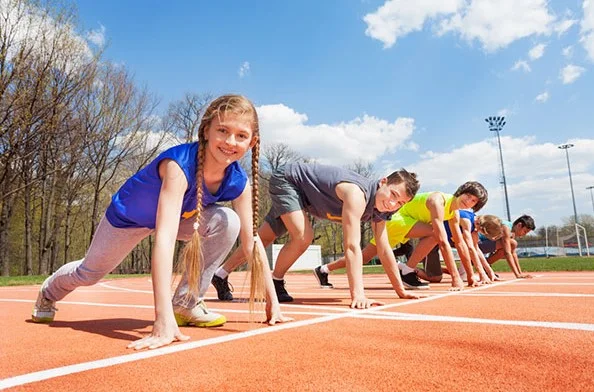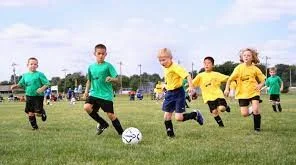
Sports passion is an important driver of sports performance. Developing a love for a sport means nurturing it from a young age. This passion will translate into greater discipline, determination, and perseverance. When it is combined with the right coaching methods, a young athlete’s passion will grow into a true competitive edge. Here are some ways to cultivate a love for sports:
Fun
The most effective way to develop young athletes is to give them an enjoyable experience, and this may not be possible if they are not having fun. A fun-factors analysis can help you identify which factors matter most to young athletes. For example, you can analyze athletes’ preferences by gender, age, or level of play, and then design programs to meet these priorities. It is important to understand whether there are areas of agreement, as well as disagreements, between athletes and their coaches.
Games with friends are a great way to develop skills. These games don’t need to be sport-specific; in fact, they can be as fun as other activities, as long as they allow children to use their skills in multiple ways. While getting strong is important, there are other activities to develop young athletes’ reaction skills, like Swiss ball. Fun games are a great way to get kids to become more autonomous and excited about training.
Early Sports specialization
While multi-sport athletes are no longer as sought after as they once were, they are not entirely extinct. The research indicates that early sport specialization can reduce injuries and improve performance, but that it can also harm young athletes. A three-stage model of athletic sport development offers a better path for youth athletes and their parents. Early sport specialization should focus on fun and physical movement, and diversification should be encouraged.
Although early sport specialization can help develop individual skill, it can also lead to overuse injuries and an imbalanced development of the body. This is because players put their bodies under unique stress over an extended period of time. Furthermore, athletes who specialize in a single sport will develop a disproportionate number of muscles and skeletal muscles. Early sport specialization, when done correctly, can lead to greater athleticism and a balanced lifestyle.
Structured warm-ups
In addition to being fun, structured warm-ups help athletes learn and prepare for competition. These exercises increase interaction and prepare athletes for training or competition. Structured warm-ups also promote healthy competition, because they build confidence. Young athletes should be given structured warm-ups before training and competition. The goal is to develop their whole athletic potential. Coaches and trainers should learn how to incorporate interactive elements into warm-ups.
While most coaches have as their main goal to improve the performance of their athletes, it’s vital to understand the mindset of young athletes. While adult athletes want to train hard, children want to have fun. A structured warm-up routine is critical to reduce injuries and maximize performance. A structured warm-up involves several key elements and steps. It’s a vital component of any exercise regimen and helps minimize the risk of injury. The goal is to get the body’s core temperature and muscles warmed up. By stretching, strengthening, and limbering, the muscles will be more flexible and ready to play.

Good coaching
A great coach is one of the most important ingredients in developing young athletes. A good coach promotes participation, which is an important part of developing young athletes’ talent. In addition to encouraging participation, good coaches encourage children to stick with their chosen sport. This is important for the development of a child’s potential because it will not be possible to develop the skills and talents if they abandon the sport. Moreover, good coaching fosters lifelong enjoyment of sport.
Whether the athlete is an amateur or a professional, a coach’s approach can determine how successful their development will be. For instance, authoritarian coaching has negative psychological effects and does not foster team trust. As a result, it is unlikely to foster positive connections with teammates or improve performance. An autonomous coach is more likely to build trust, while providing the athletes with guidance and support. Moreover, he or she will be an example for the child to look up to.
Sports Developing a learning mindset
Developing a learning mindset is important for the growth of young athletes. This mindset is necessary for them to understand that nothing relating to their abilities is fixed and that they can develop their talents by taking constructive criticism and praising their efforts. It is also essential for coaches to acknowledge a child’s effort and encourage them to improve. Here are some tips for coaches to develop a learning mindset in their athletes:
The first tip to help young athletes develop a growth mindset is to make sure they embrace discomfort. Discomfort is part of learning, and athletes should be comfortable with discomfort. Athletes should be able to push themselves past their comfort zone on the field and in the gym. By developing a growth mindset, young athletes will be able to reach their full potential in sport
